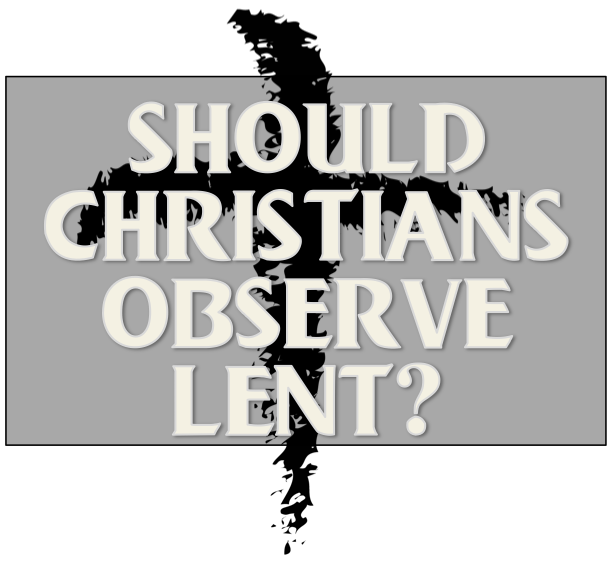by Nolan Guilbeau – Published in The (Opelousas, Louisiana) Daily World
℅ Shawn Brasseaux
Avoiding possible accusations of misrepresenting the following, documentation is referenced to official publications by authors of the highest authority of the Church of Rome. It will be demonstrated from their own publications, statements made through time regarding the Bible as they distort and contradict facts.
- “The Scripture indeed is a divine book, but is “a dead letter” which has to be explained.” (Our Priesthood, 155).
- Another refers to the Bible as “a dead and speechless book.” (Question Box, 67). The Bible, according to Rome, needs their interpretation for the laity to understand spiritual matters. The apostle Paul and other Bible authors would disagree as any knowledgeable Christian. Paul states, “These [Bereans, 50-54 AD] were more noble than those in Thessalonica, in that they received the Word [Scriptures] with all readiness of mind and searched the Scriptures daily, whether those things were so” (Acts 17:11). It’s obviously false that the Scripture is a “dead letter” that needs explanation! Clearly the hearers of the Biblical messages understood for themselves and daily checked out the messenger from the Bible. Thousands heard, believed (simple faith), and were saved to eternal life with Christ (History, the Book of Acts).
- Other distortions are, “The Bible was NOT intended to be a textbook of the Christian religion.” (Catholic Facts, 50). Accordingly, then, the Bible is NOT a textbook of Christianity for Catholics.
- “The very nature of the Bible ought to prove to any thinking man the impossibility of its being the one safe method to find out what the Savior taught.” (Question Box 1913 ed., 67). To the contrary, this is a blatant denial/rejection of clear Scriptural teaching! Apparently, the Bible is viewed with low esteem by the Roman religious system and defames Christ and Bible authors. Rome readily admits that it doesn’t use the Scriptures as the “early” New Testament Christian Church did. Their own writers make a “distinction” between the “EARLY” church of the New Testament Christian Church and the religious system at Rome.
- “There was far more extensive and continuous use of Scriptures in the public service of the early Church then there is among us [Catholics].” (Dictionary, 509). Historically, the “early Christian Church” used only the Scriptures for it is the New Testament Church established on Jesus Christ, the Rock (I Corinthians 10:4), the apostles, and prophets, with an autonomous, democratic/congregational form of church government, whereas the Roman Church is an “autocracy,” a class of superiors, and a hierarchy.
- A Roman bishop (Knoll) presents this authentic test: “If it be not identical in belief, in government, etc., with the primitive Church, then it is not the Church of Christ” (Catholic Facts, 27).
- Another authoritative Catholic publication entitled The Spirit of Catholicism, bearing the Imprimatur of the late Cardinal Hayes states, “We Catholics acknowledge readily without any shame, nay with pride, that Catholicism cannot be identified simply and wholly with primitive Christianity, nor even with the Gospel of Christ.”
Incredible, incriminating admissions!! Roman clergy attributes 5th century Augustine as often saying, “Rome has spoken, case closed.” Due to Rome’s many extra Biblical doctrines/dogmas (inventions), it’s fair to say it isn’t identical in orthodox beliefs and government of the early New Testament Church. The cited statements from their own publications brazenly admit the religious system at Rome doesn’t meet the criteria of the New Testament Christian Church of the Scriptures! So be it, case closed!
“[Some] having a form of godliness, but denying the power thereof” (II Timothy 3:5).



 Posted by Christian ambassador (Shawn Brasseaux)
Posted by Christian ambassador (Shawn Brasseaux) 




